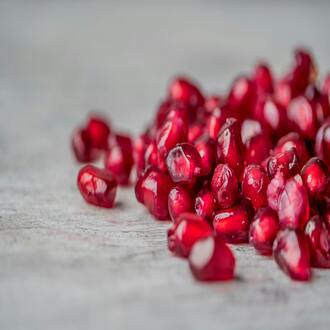Transcription Vitamins b1, b2, and b3.
Vitamins B1, B2 and B3 belong to the group of water-soluble vitamins, known as such because they dissolve in water. Due to this characteristic, the body does not store large amounts of them, which makes it essential to obtain them daily through the diet to maintain the essential functions they perform. In addition, their elimination through urine makes them less toxic in case of excess, but it is always advisable to consult a doctor before taking supplements. The complex of B vitamins is essential in the metabolic processes that transform the energy contained in food into muscular energy. Therefore, the required amounts of these vitamins should correspond to the energy expenditure of each person, being especially necessary in individuals who perform intense physical activities. Let us look in more detail at the particularities of vitamins B1, B2 and B3.
Vitamin B1 (thiamine)
Vitamin B1, or thiamine, is water soluble and is better absorbed in the presence of vitamin C and folic acid (vitamin B9). However, alcohol consumption can interfere with its metabolism. Thiamine is found in a wide variety of foods of animal and vegetable origin:
- Plant foods rich in thiamine: whole grains (rice, wheat, corn), yeast, legumes, nuts, vegetables and fresh fruits.
- Foods of animal origin: offal, meat (pork and beef), fish and eggs.
Functions of vitamin B1 (thiamine)
- Collaborates with other B vitamins in the conversion of energy from food into muscle energy and heat. Plays a crucial role in the metabolism of fats, carbohydrates and branched-chain amino acids.
- It is beneficial for the central nervous system, being linked to emotional well-being.
Importance for fitness: Athletes need a diet rich in energy, which implies higher requirements for vitamin B1. A balanced diet usually covers these needs without the need for supplements.
Recommended intake of thiamine
The recommended daily intake varies according to age and sex:
- Women: 0.8 to 1 mg.
- Men: 1 to 1.2 mg.
Vitamin B2 (riboflavin)
Riboflavin is a yellow water-soluble vitamin that is sensitive to sunlight. For example, leaving a cup of milk exposed to the sun for two hours can reduce up to 50% of its vitamin B2 content. It is found in foods such as dairy products (milk, yogurt, cottage cheese), organ meats (liver, heart and kidneys), green leafy vegetables and whole grains.
Functions of vitamin B2
- It participates in the production of energy from carbohydrates, fats and proteins.
- It is essential for the maintenance of skin, mucous membranes and good vision.
- Contributes to t
vitamins b1 b2 b3



![Is the online course compatible with different languages? [indicate the main language]](/images/postDuplicados/Is_the_online_course_compatible_with_different_languages_indicate_the_main_language.webp)
